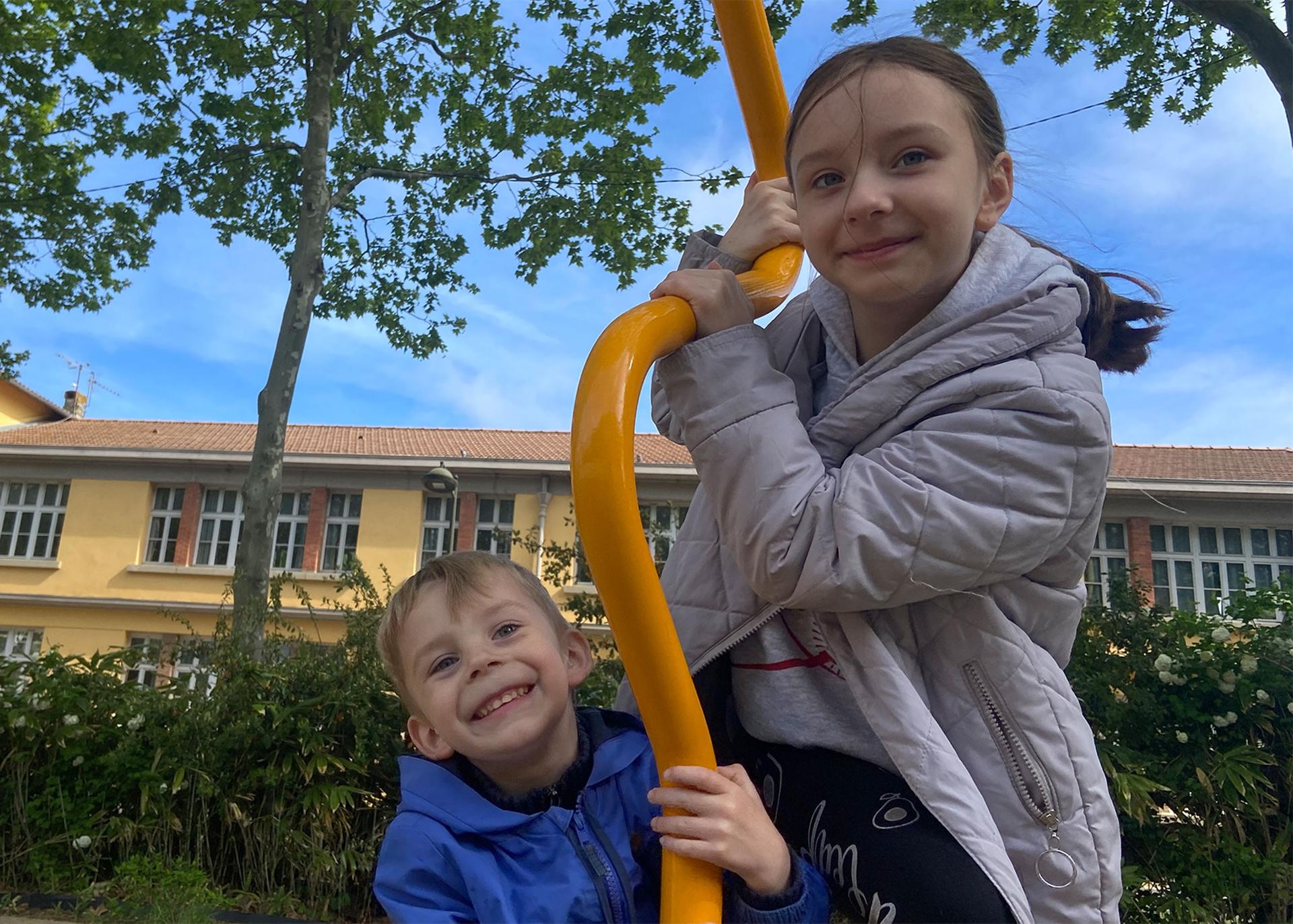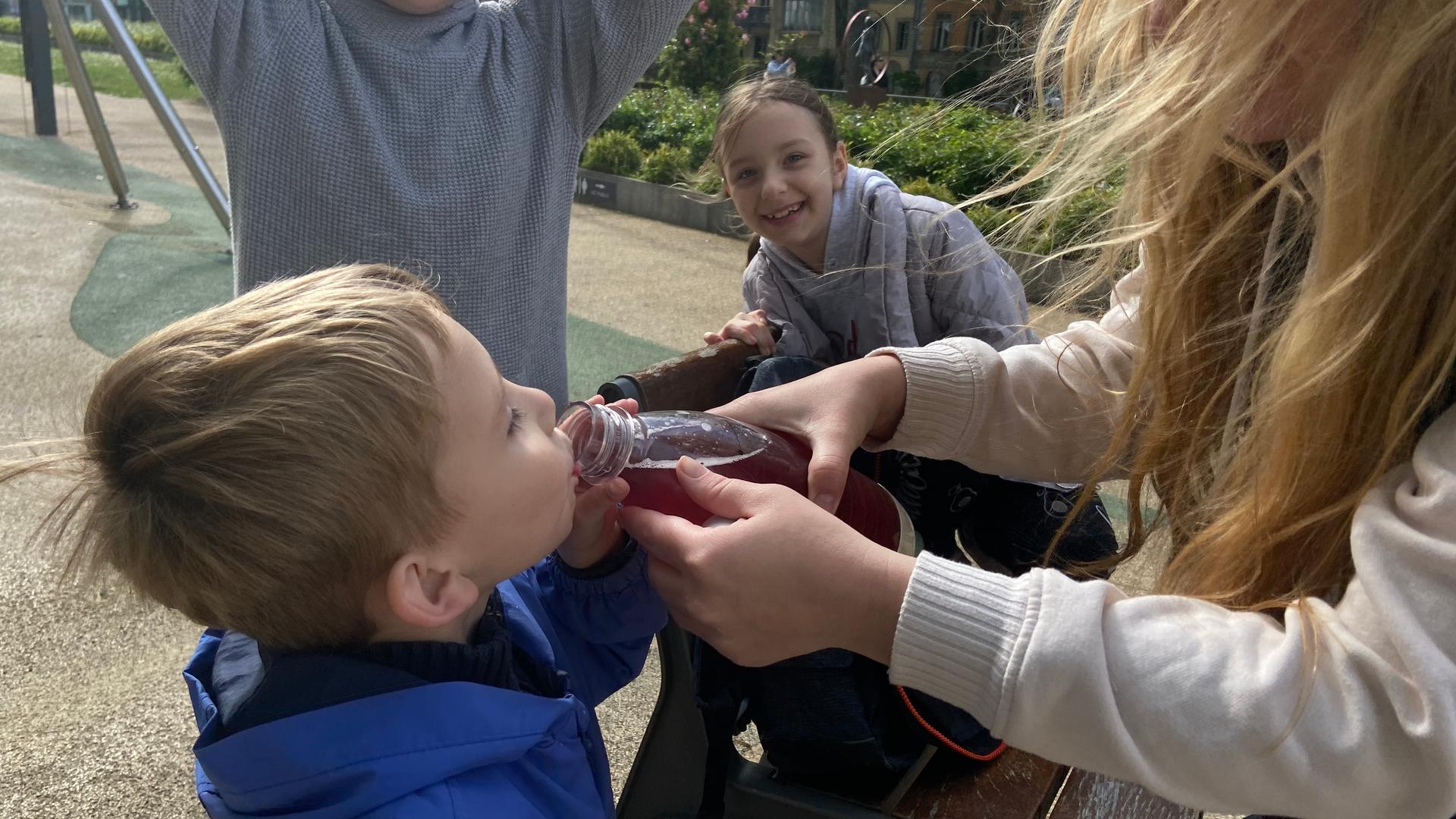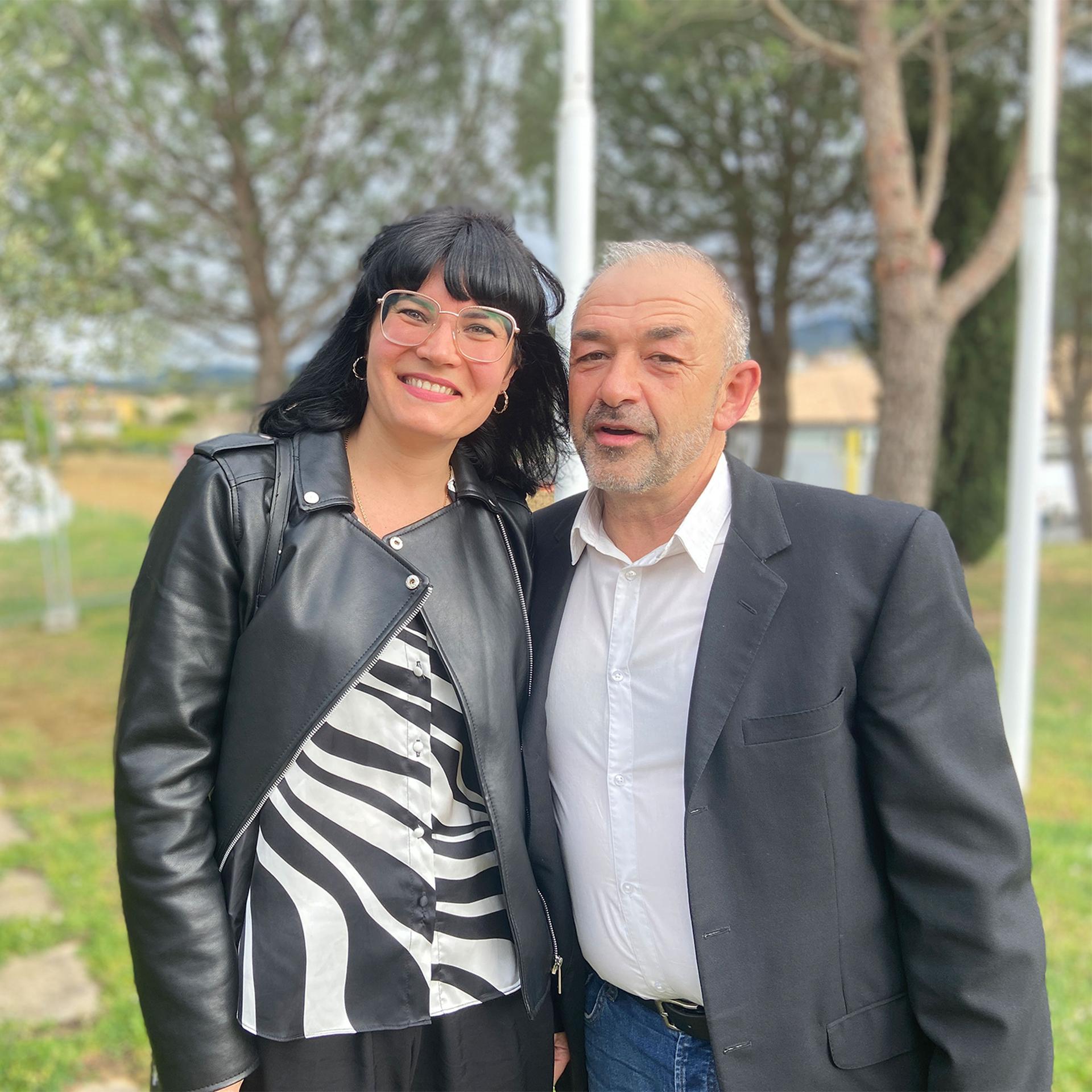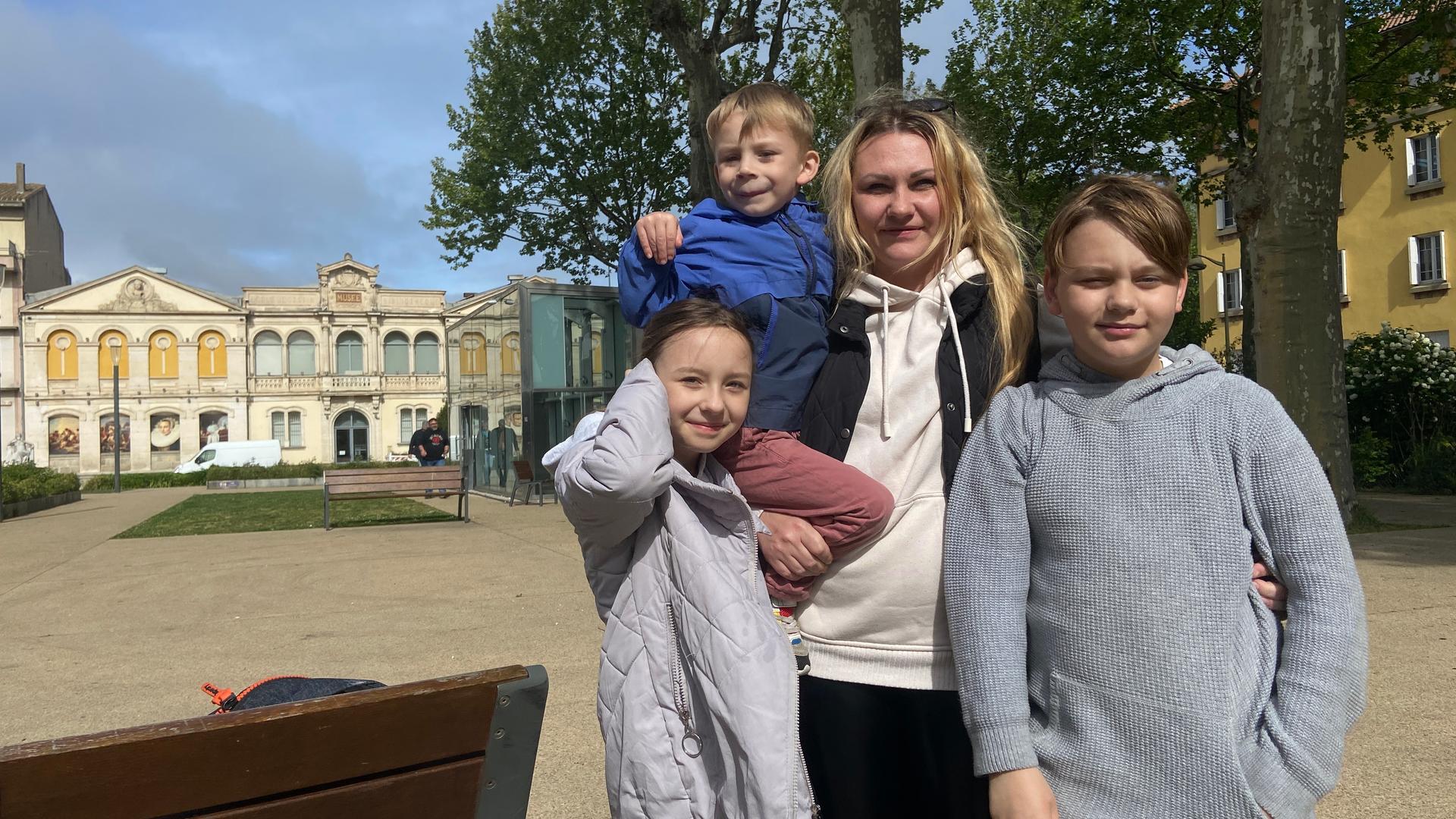For Alona Toftul and her family, most of what remains of their old life on the outskirts of Kyiv, Ukraine, is saved on her phone.
She scrolled through some old videos of her children — Agata, 14, in piano class, Arkhip, 11, in their kitchen with his guitar, his fingers barely reaching the highest strings.
“When we fled, we didn’t bring Arkhip’s guitar,” she said. “It was hardly priority luggage. We left with what we could carry in small backpacks.”
The Toftuls’ house was just four miles from the village of Bucha, where Russian soldiers are accused of torturing and massacring civilians at the war’s outset.

The Toftuls are Ukrainian, but ethnic Russians, so Russian is their first language. They don’t talk about what they saw at the outset of the war, but Andrei Toftul — Alona Toftul’s husband — said they were lucky that they left when they did. And he’s emphatic on one point: They’re never going back.
“They stole everything, and even booby-trapped some homes with mines.”
“Our house is still standing, but there’s nothing in it. All of the houses were abandoned when the Russians came in,” he said. “They stole everything, and even booby-trapped some homes with mines.”
Millions of Ukrainians fled their country after Russia’s full-scale invasion last year. While many have returned, some can’t or won’t. They’re starting over in new places and confronting new challenges.
The Toftuls ended up in Cazilhac, France, which has a population below 2,000 people.
When the war broke out, Toni Carvajal, the mayor of the village, asked locals to open up their homes to refugees.
“I said to the town council, ‘we ought to do our share,’” Carvajal said. “I started collecting clothes, medicine and food from surrounding villages. And I already had a license to drive a bus.”
So, Carvajal recruited a nurse, his friend Jean-Francois Carrasco and others, then drove a bus for two days to Poland in March of last year. They pulled in just as the Toftuls, and hundreds of other refugees, were walking across the border from Ukraine, desperate and dazed.

“We brought back 32 families with us,” Carvajal said with a hint of pride.
Among them was a single mother, Olena Khairulina, and her teenage son.
“War is scary, but I was especially concerned for my son,” Khairulina said. “And as a young mother, well, we all know what’s been happening to young women at the hands of the Russians.”
Khairulina was alluding to rape as a weapon of war in Russian-occupied areas. The United Nations has documented dozens of cases of sexual attacks by Russian soldiers through January. Human rights nongovernmental organizations have actually put the number much higher.
Khairulina comes from a small village right next to one city where atrocities are a daily event: Bakhmut, a city that Russia’s been trying to take for months, even at the cost of tens of thousands of its soldiers.

She’s also now in a relationship with Carrasco, the mayor’s friend, who she met during his trip to Poland.
“She’s getting better and better each day,” he said about her language skills.
Khairulina seems happy with the here-and-now. But she still has plenty to worry about. Her son just returned to Ukraine, against her wishes. She said that he wanted to finish high school in his own language — Russian — before returning to France for good.
“It’s not OK,” she said, starting to cry. “I am scared for my boy.”
The Toftul family is divided as well. And they’re not alone. Of the 32 families that arrived in Cazilhac last year, 29 of them have already returned home, despite the risks.
Andrei Toftul found a job as a handyman for the town — painting, fixing plumbing and other odd jobs — while his wife learned how to do manicures.
And the Toftul children are starting to adapt to their new life.
They are safe now, said Alona Toftul. And they no longer duck at the sound of airplanes.
She added that her next goal is to make life feel as normal as possible, saying she plans to sign them up for classes at the local music school, even if they don’t have their own instruments with them from home.
But Andrei Toftul’s parents refuse to leave their home country, despite the ongoing fighting.
“My father wants to die in his country,” Andrei Toftul said. “I understand him. He’s worked hard his whole life for what he has. He can’t just leave it all behind.”
Related: Ukrainian refugees create their own school in Romania
The World is an independent newsroom. We’re not funded by billionaires; instead, we rely on readers and listeners like you. As a listener, you’re a crucial part of our team and our global community. Your support is vital to running our nonprofit newsroom, and we can’t do this work without you. Will you support The World with a gift today? Donations made between now and Dec. 31 will be matched 1:1. Thanks for investing in our work!
